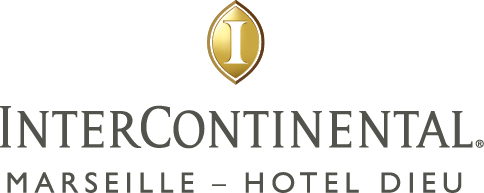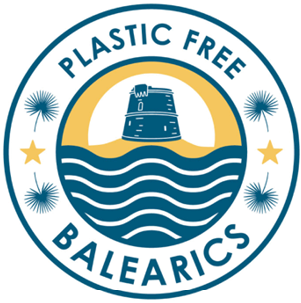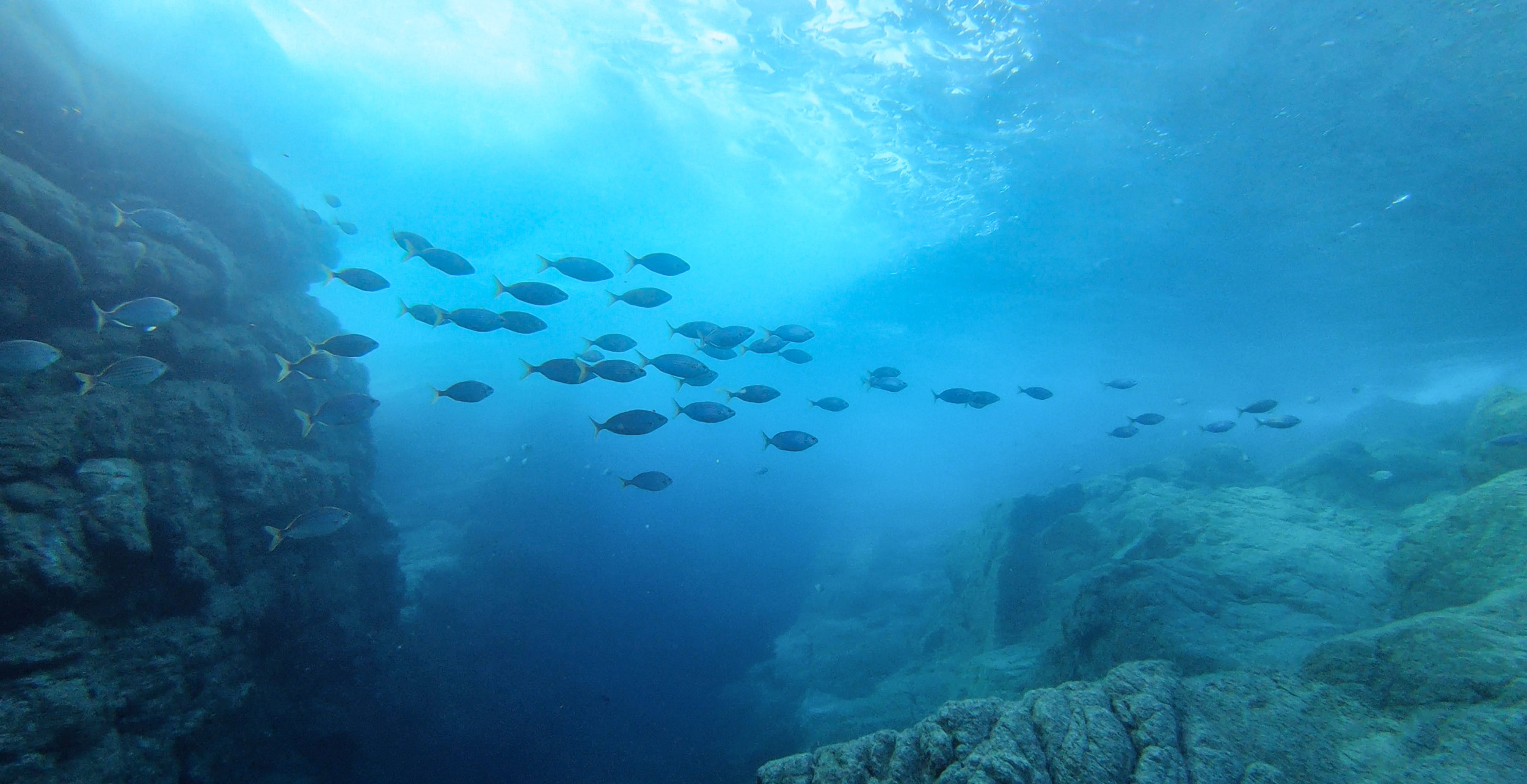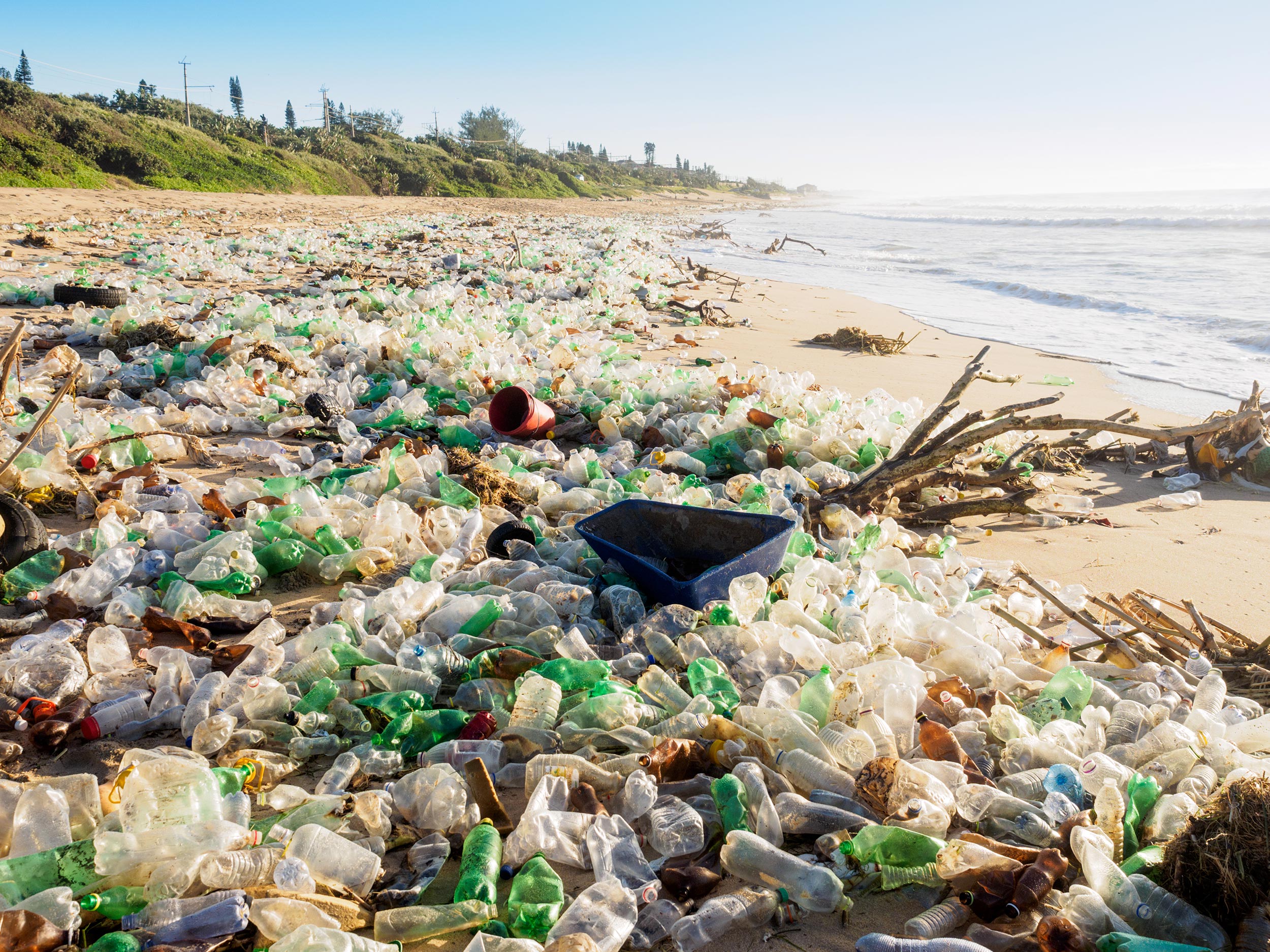Sources and resources
Standard models available
Banning single-use plastics: they’ve done it!
The removal of single-use plastics represents a new development strategy for the activities of the hotel and industry. Actions undertaken towards this goal do not contradict a strong brand image and unchanged quality services, as shown by the following:

The Iberostar group has more than 100 4 and 5 star hotels in 16 different countries. In 2020, within the context of its strategy of circular economy, it committed to a transition towards hotels without single-use plastics, thereby becoming one of the world’s top players in the eco tourism market.

In 2020, the Best Western Premier Opéra Liège, a 4 star hotel in Paris, became the first hotel in France to ban single-use plastics from its services. This was a pilot project coordinated by Racing for the Oceans.

The InterContinental Marseille – Hotel Dieu has worked for the past few months towards removal of its single-use plastics. It is a 5 star hotel that is continuing its actions with regard to sustainable development as part of a process of ongoing improvement.
For further examples of hotels that have committed to a process for the removal of single-use plastics, and to see what other actions against plastic pollution are achievable, the Free Plastic Balearics website lists the hotels, restaurants, bars and cafés of these islands that are certified to be SUP-free and which are using waste reduction processes.

Useful resources for taking things further
Many other bodies have published guides concerning SUPs, applied to various sectors of activity. They are packed with ideas, resources and information for taking things further and participating in the promotion of responsible tourism.
Here is a (non-comprehensive) list of them:
Hold the plastic, please / drawn up by the Beyond Plastics association
The guide shows the stages and examples of alternatives with a view to removal of SUPs from restaurants. The hotel and industry may find ideas here for its services.
Dry Cleaners / drawn up by the Beyond Plastics association
Applied to services proposed by dry cleaning outlets, this guide is in line with the previous one: in it are stages and examples of alternatives with a view to removal of SUPs. The hotel and industry may find in it resources and ideas for its back office services.
Sortir des PUU en 2024 /(removal of SUPs by 2024) drawn up by the City of Paris
With a view to the 2024 Olympics, the City of Paris has drawn up a guide intended for the tourism sector (restaurateurs, hotel keepers, managers of cultural locations etc.) and more generally any business liable to host large numbers of tourists. This guide presents a set of ideas, tools and actions to take with a view to making Paris a zero SUP city. The tools are available to everyone and help to understand the nature of your plastic use: its origins, the risks and opportunities associated with it, the financial impact and the benefits of the project etc.
Stop the flood of plastic / drawn up by WWF
This guide provides effective methods of avoiding use of SUPs and more generally of packaging in the tourism sector. It specifically provides a certain number of European examples in geographical areas that are very popular with tourists. It concludes with recommendations for people and organisations within the tourism industry (travellers, travel agencies and hotels/restaurants).
A Guide to honest alternatives to Single-Use Plastics for the hospitality industry / drawn up by Plastic Free Balearics
This graphical guide is designed to provide information in a summarised, attractive, clear and above all practical manner for companies in the hotel and restaurant sector about alternatives to single-use plastic. It provides detailed information about alternatives with the least environmental impact, general principles for reducing consumption of plastic, tips for establishing good practice and assistance with regard to identifying false alternatives. The guide is based on advanced research into current alternatives to single-use plastics on the market, and a comparison of their environmental impact through an indexing tool.
Bibliography
ADEME (French environment and energy management agency), Cadre de Référence – ACV comparatives entre différentes solutions d’emballages, Bleu Safran, 2022. (Reference framework – comparative lifecycle assessments between different packaging solutions)
ADEME, Recommandations pour un diagnostic emballage, 2021. (Recommendations for packaging
ADN Tourisme et ATD, Guide des démarches de labellisation pour un tourisme durable (labelling processes guide for sustainable tourism) Labels, marques, normes, certifications et autres, June 2022. (Labels, brands, norms etc.).
Benraïss-Noailles Laïla, Olivier Herrbach, “RSE et marque employeur” in Jean-Marie Peretti et al., (Corporate social responsibility and employer brand) Une vision des ressources humaines sans frontières (a vision of human resources without limits), EMS Editions “Questions de société”, 2018.
Booking.com, Sustainable Travel Report, 2021.
De Wit, W., Towers Burns, E., Guinchard, J.-C. and N. Ahmed. 2021. Plastics: The Costs to Society, the Environment and the Economy. WWF, Gland, Switzerland.
Ellen MacArthur Foundation, the New Plastic Economy Rethinking the future of plastics, 2016.
Heinrich Böll Stiftung, Atlas du Plastique, 2020.
IUCN, The Mediterranean: Mare Plasticum, 2020.
IUCN, Norad, Searious Business, Plastique Waste Free Islands, Toolkit for plastic waste-free hospitality: hygiène & safety for business in leisure without the need for single-use plastics! (Présentation) Décembre 2020. Seariousbusiness.com.
Johnson, Béa, 100 astuces pour alléger sa vie, J’ai Lu, 2015. (100 tips for making your life easier).
Ministère de la Transition Écologique et Sociale, Bilan National du Recyclage, 2022.
No Plastic in my Sea, Benchmark des solutions: 7 pistes majeures pour une offre moins plastifiée, plus durable et réutilisable, 2020. (7 important pathways for less plastic and more durability & reusability).
OCDE, Global Plastics Outlook, 2022.
Office parlementaire d’évaluation des choix scientifiques et techniques, Pollution plastique une bombe à retardement ?, 2020 (Parliamentary office for assessment of scientific and technical choices, Plastic pollution: a ticking timebomb?).
TUI Group Sustainable Development sustainability, Andreas Vermöhlen, Branislav Mizenko, Plastic reduction guidelines for hotels, February 2019.
UNEP, World travel & tourism council, (2021). Rethinking Single-Use Plastic
Products in Travel & Tourism – Impacts, Management Practices and Recommendations, Nairobi, 2021.
Velmuradova Maya, Les Nudges : mieux comprendre leur approche dans un contexte EEDD, (Nudges: a better understanding of their approach in a context of environmental and sustainable development education). Fertiles Collab’s.
Ville de Paris, Circulab, Sortir du plastique à usage unique à Paris : Guide pratique pour la filière tourisme et itinérance dans la ville, 2021. (stopping the use of single-use plastics in Paris: practical guide for the Paris tourism and travel sector).
WWF, Stop the Flood of Plastic: How Mediterranean countries can save their sea, 2019.
WWF Germany, Wikinger Reisen, Stop the flood of plastic: Effective measures to avoid single-use plastics and packaging in hotels, Novembre 2019.




